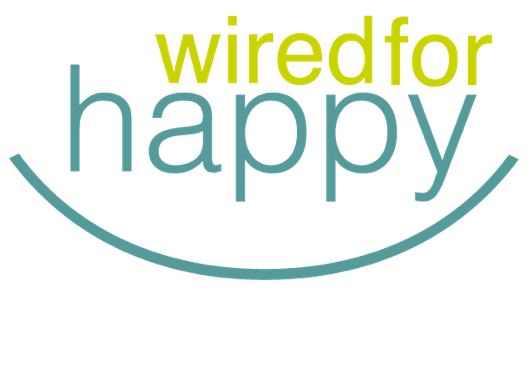“At the end of the day, anxious people get the job done,” is a phrase I often share with my worrisome clients. Because at the end of the day, we’re not working on a vaccine for COVID-19. Humor and perspective always help.
Benefits do exist from occupying an overactive central nervous system. Namely, you will your way out of bed each morning. No naval-gazing allowed as your thoughts are up and running as others in your household remain disconnected from the outside world.
What is healthy anxiety, you wonder?
—An anxious mindset that’s not all-consuming, even when it wants to be.
—Worries that take up more mental real estate than you want; however, rarely more than 60 minutes per day.
—Self-doubt that looms, but doesn’t threaten your self-worth.
—Uncomfortable physical sensations that linger, but don’t warrant a trip to the ER believing a heart attack is imminent.
—Acceptance and awareness of your worried constitution.
Caveat: Healthy Anxiety is not a formal diagnosis, but an indicator I utilize with clients to track psychological habits before they escalate into panic episodes.
Here’s the thing: You are likely wired to be anxiety-sensitive and that’s okay. You’ve read enough self-development books or clicked with at least one psychotherapist to recognize the rabbit hole of catastrophic thoughts. Like everyone, you need the occasional tune-up to stay centered and proactive.
Here are four core strategies healthy anxious people do (even when it doesn’t feel comfortable, or the time isn’t “right”):
1. Healthy anxious people recognize catastrophic thinking and remember the almighty reframe. Yes, things could go abominably wrong in a heartbeat, but most likely, that won’t happen. Instead of stewing in rumination, healthy anxious people focus on solutions.
2. Healthy anxious people recount past successes of overcoming worries, and they employ reason, intentionality, and appropriate emotional boundaries. Over-attention to negative events is the hallmark of the anxious mindset, but action wins the game. Every. Single. Time. Problem-solving is empowering, smart, and efficient. Healthy anxious people know when their coping skills for reducing stress and fears are no longer working, and they switch course.
3. Healthy anxious people don’t lose their minds in McMindfulness. Especially now. Coloring mandalas or subscribing to a popular meditation app can calm racing thoughts, but it’s not all about soothing “me, me, me.” In fact, intentionally paying attention to what you pay attention to may cause you to feel worse as you notice how often you stew in rumination. Another core trait of mindfulness is a concern for the welfare and suffering of others. While your mom’s dismissive voice of “Stop complaining! Your problems aren’t as bad as the people starving in Africa,” may surface, she was half right. Gratitude for your blessings is recognizing you’re reading this post and not hooked up to a ventilator fighting for every labored breath.
4. Healthy anxious people know consistency is king and queen. Rising at 5:30 a.m. and plopping your pajamaed self in front of a YouTube wellness video isn’t sexy, but it sets the day off right. Just as knowing that pint of Cherry Garcia may bring 15-minutes of pleasure, but you can’t spoon-feed that work deadline away. Habitually creating short, reasonable to-do lists for work, home, and mental health support productivity and physical and emotional wellness.
There’s no shame in owning your worrisome constitution; nobody is expecting you to be an anxiety saboteur. However, a healthy attitude and disciplined habits can help you manage anxiety so it doesn’t manage you.
For additional support, I invite you to check out Holistic Healing for Anxiety.
Copyright 2020 Linda Esposito, LCSW. All Rights Reserved. No part of this article may be reproduced or utilized in any form or by any means without permission in writing from the author.
This article originally appeared on Psychology Today.








